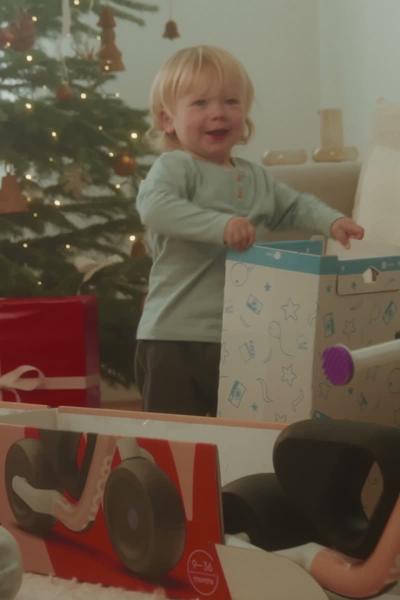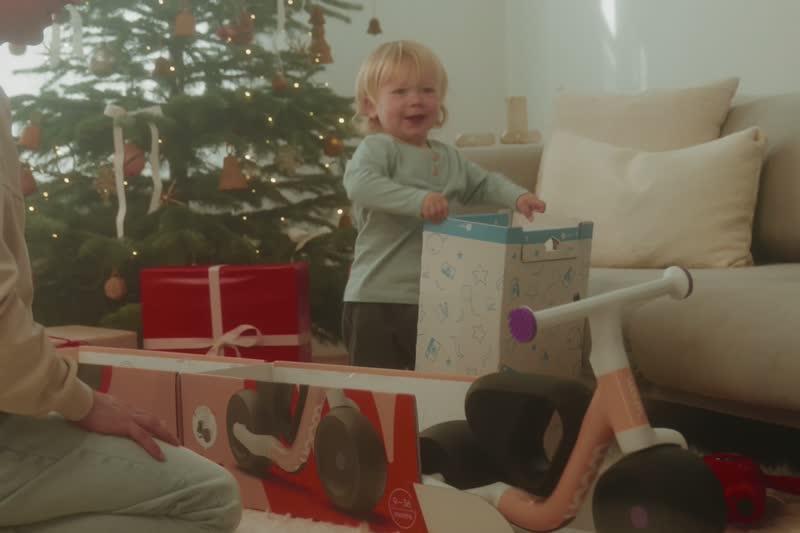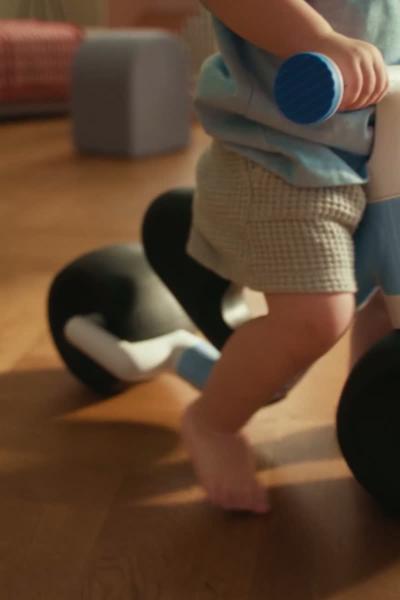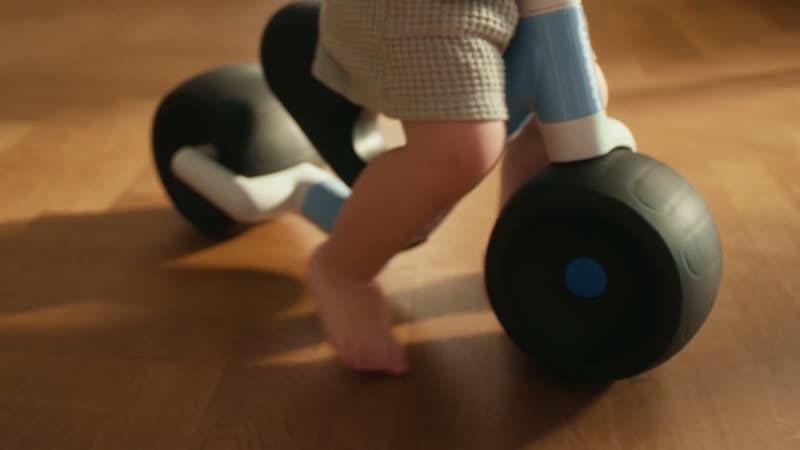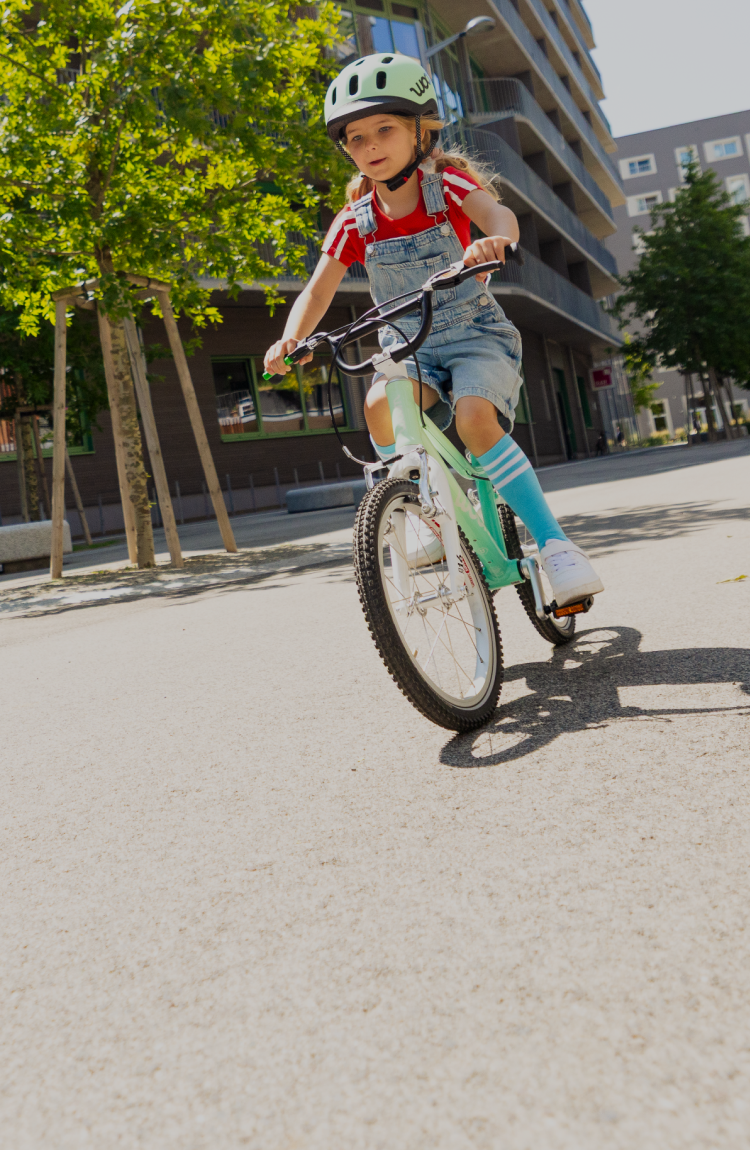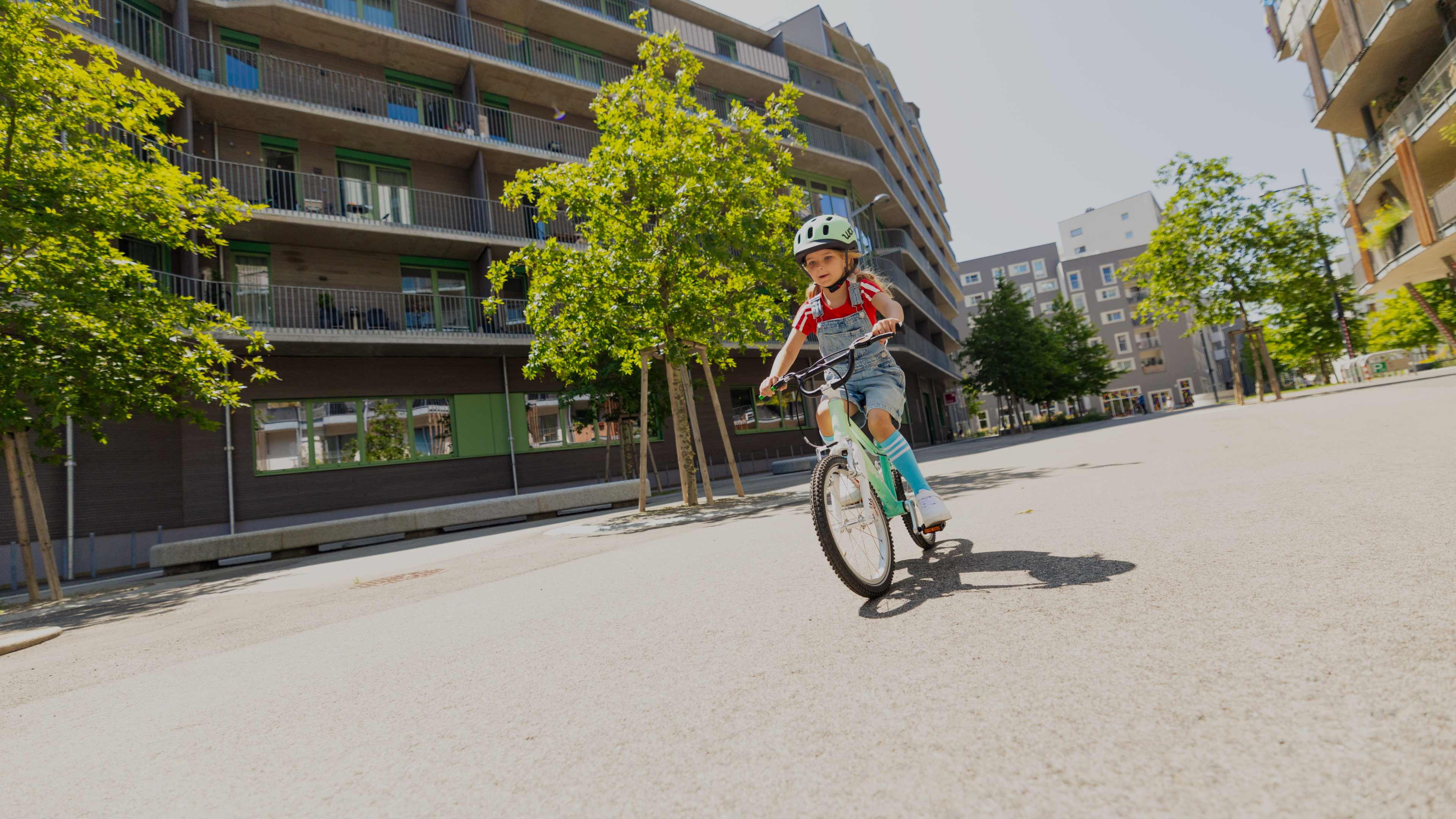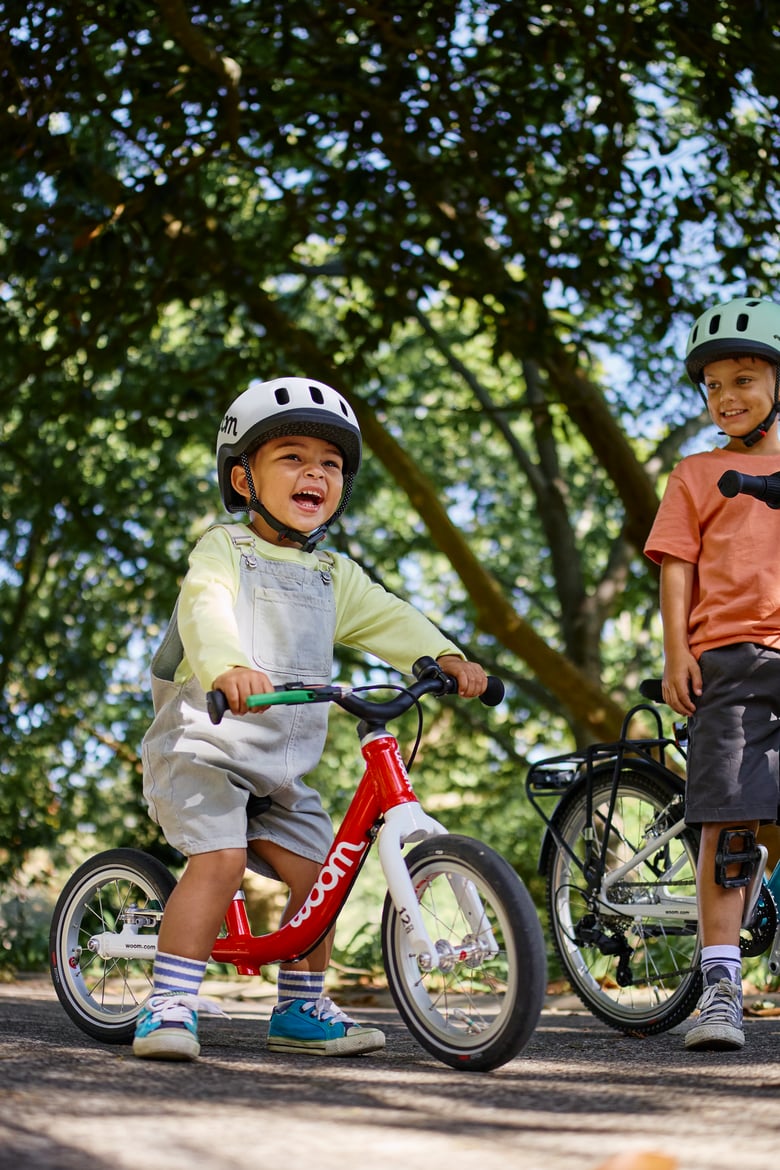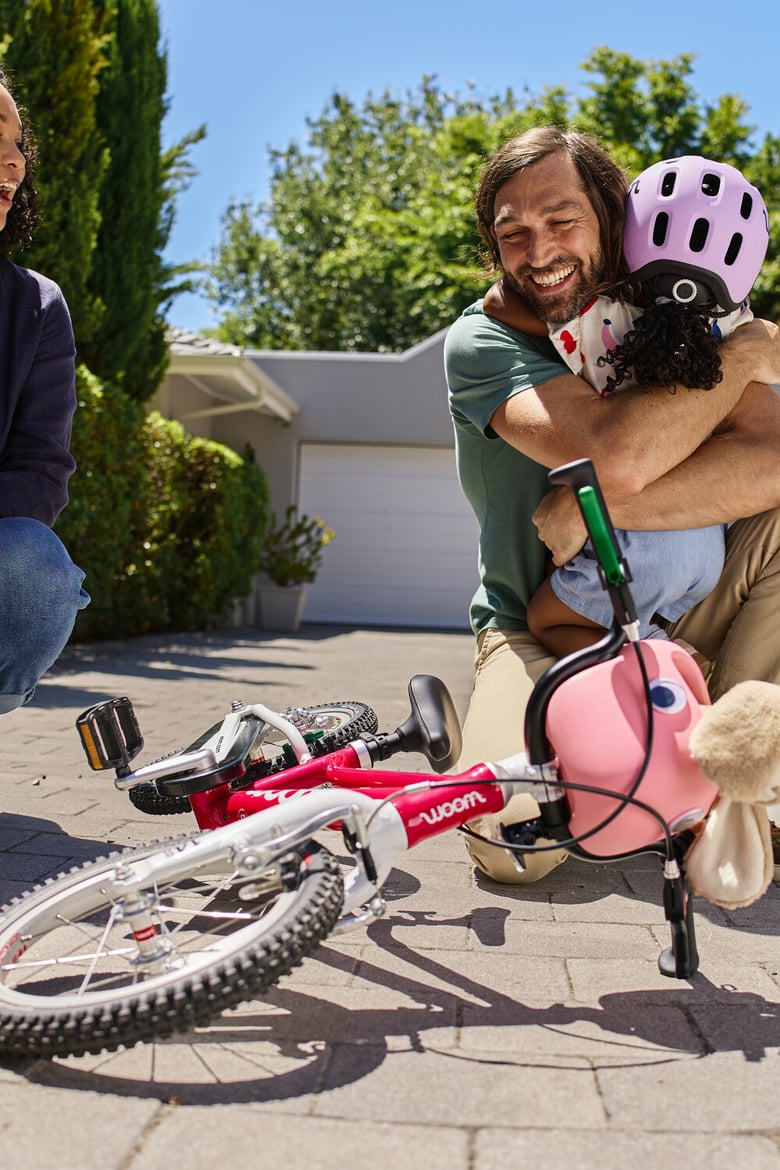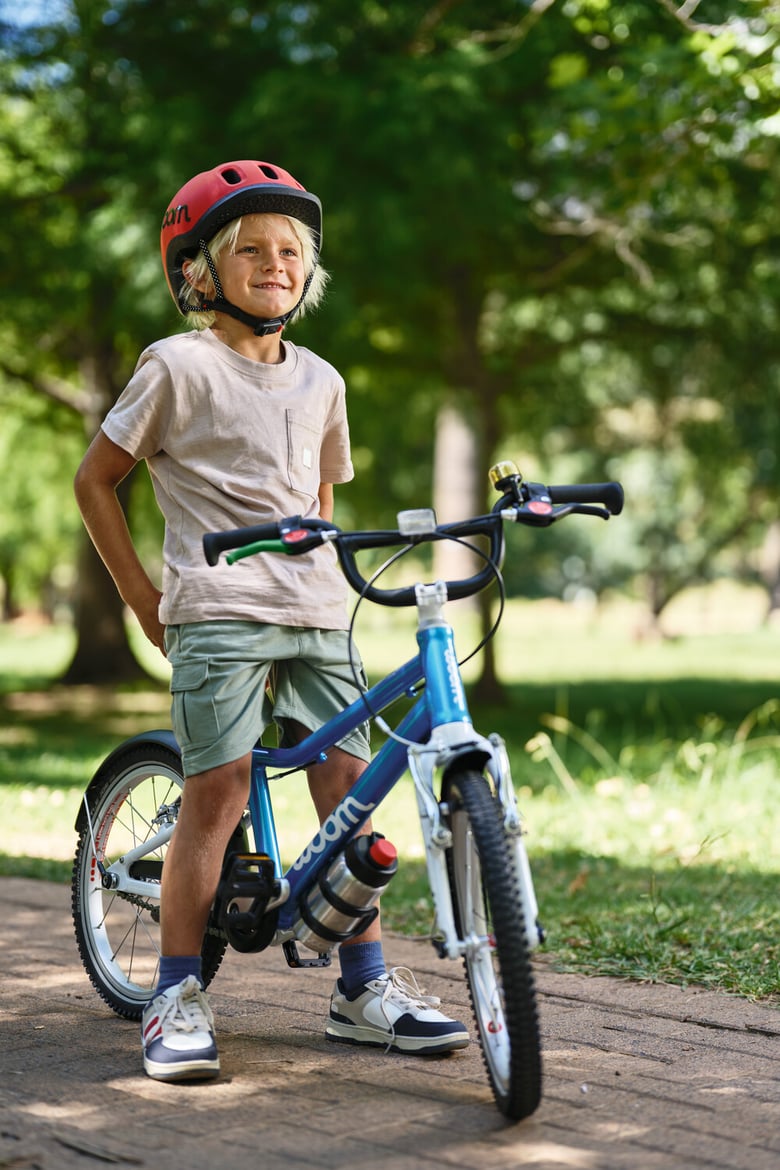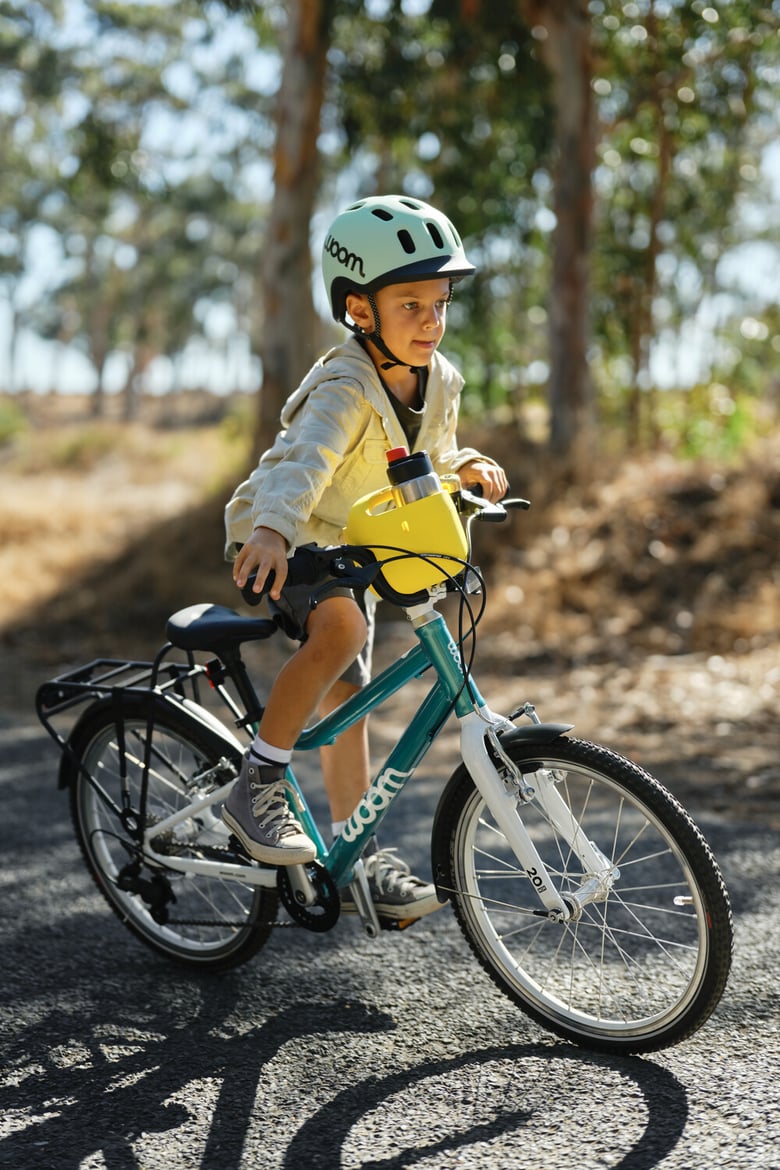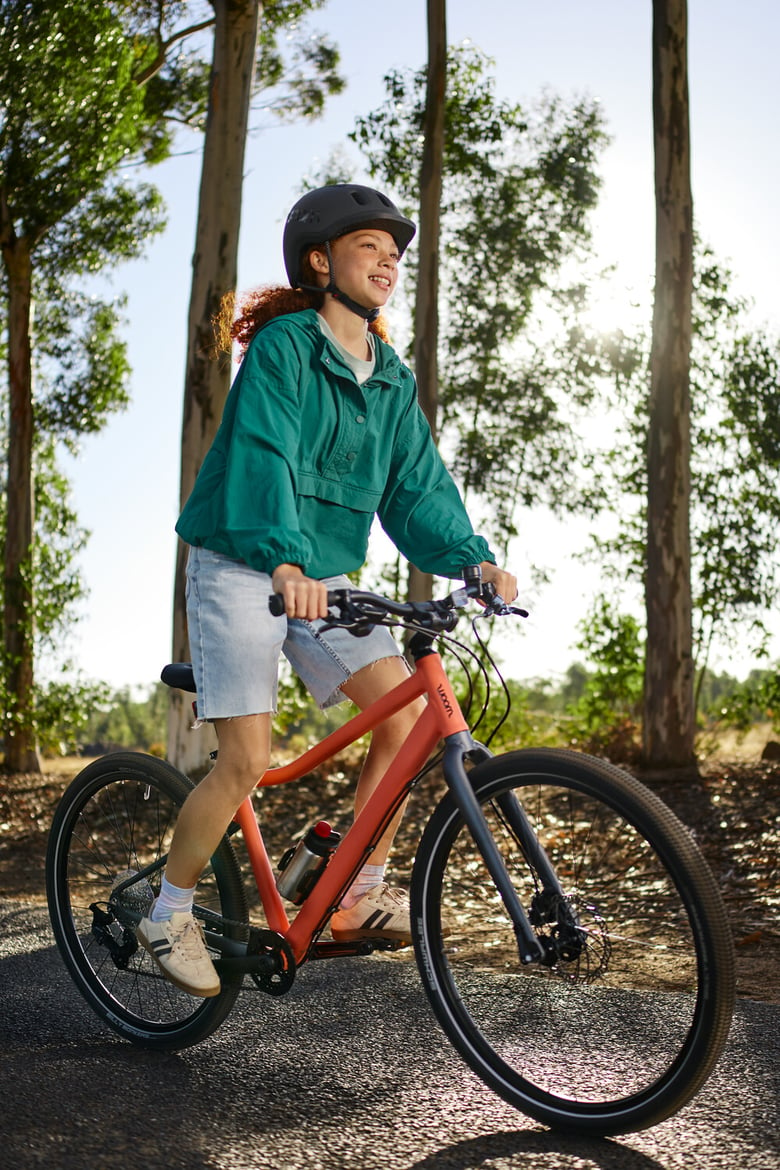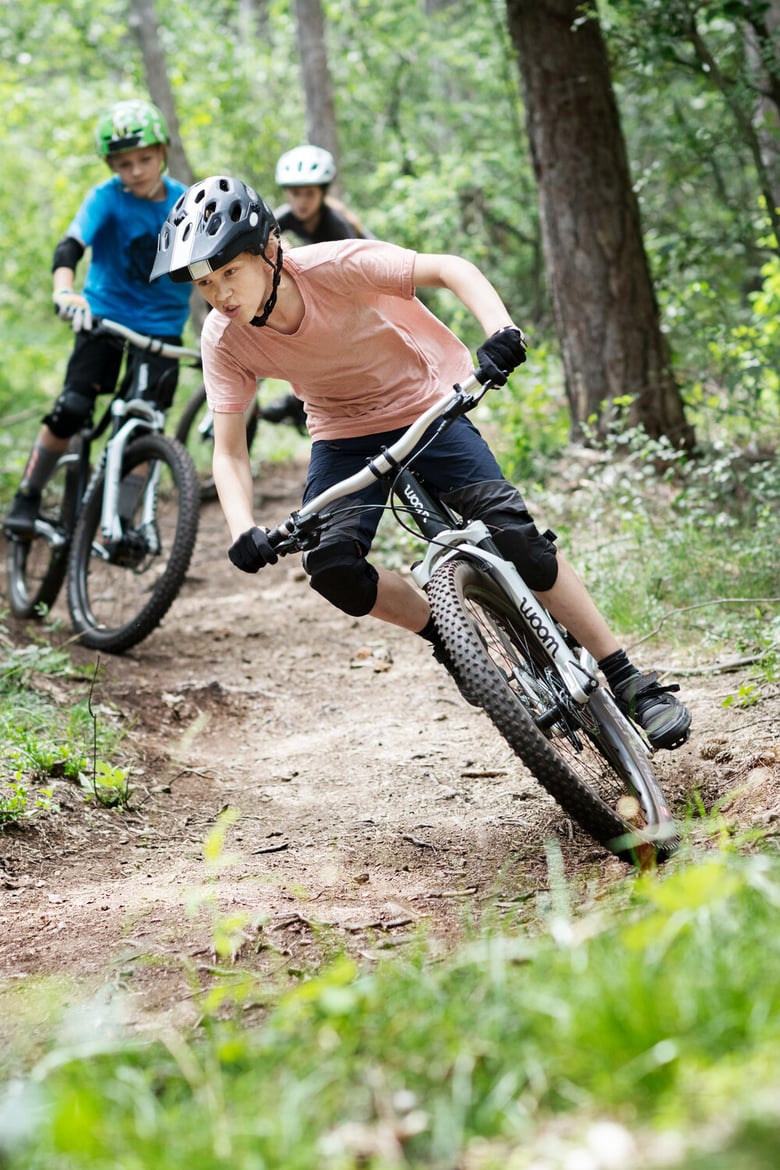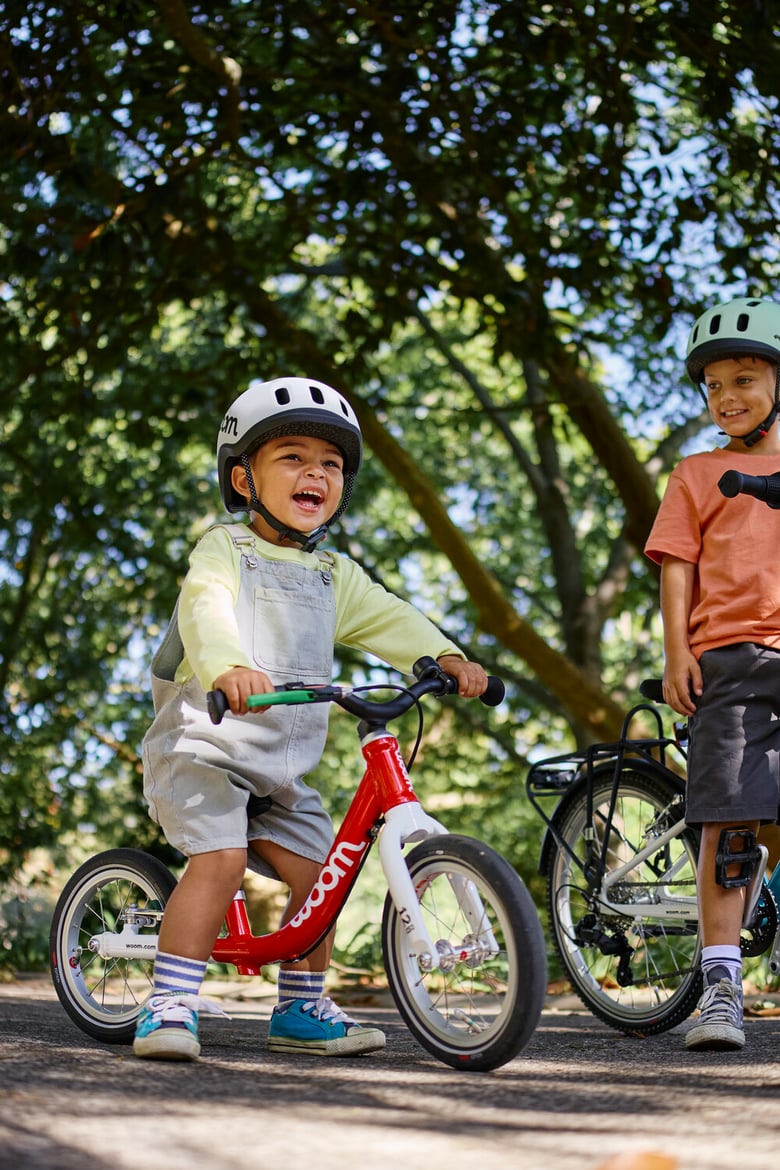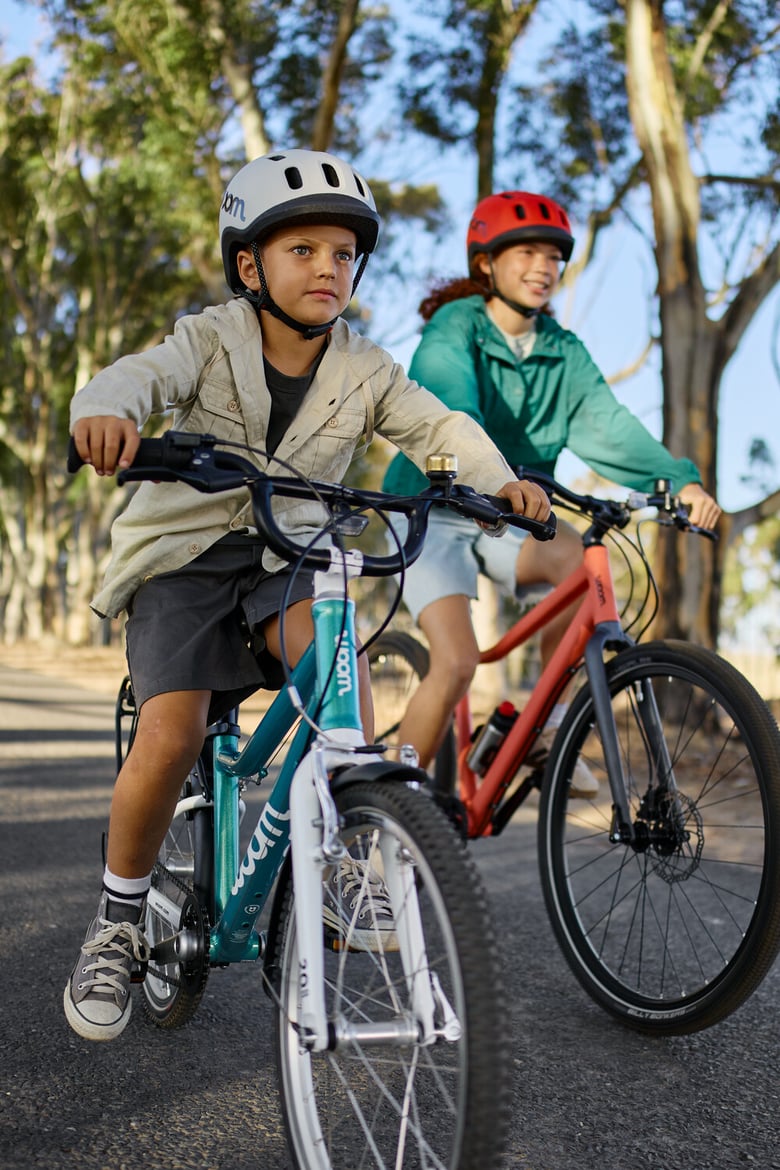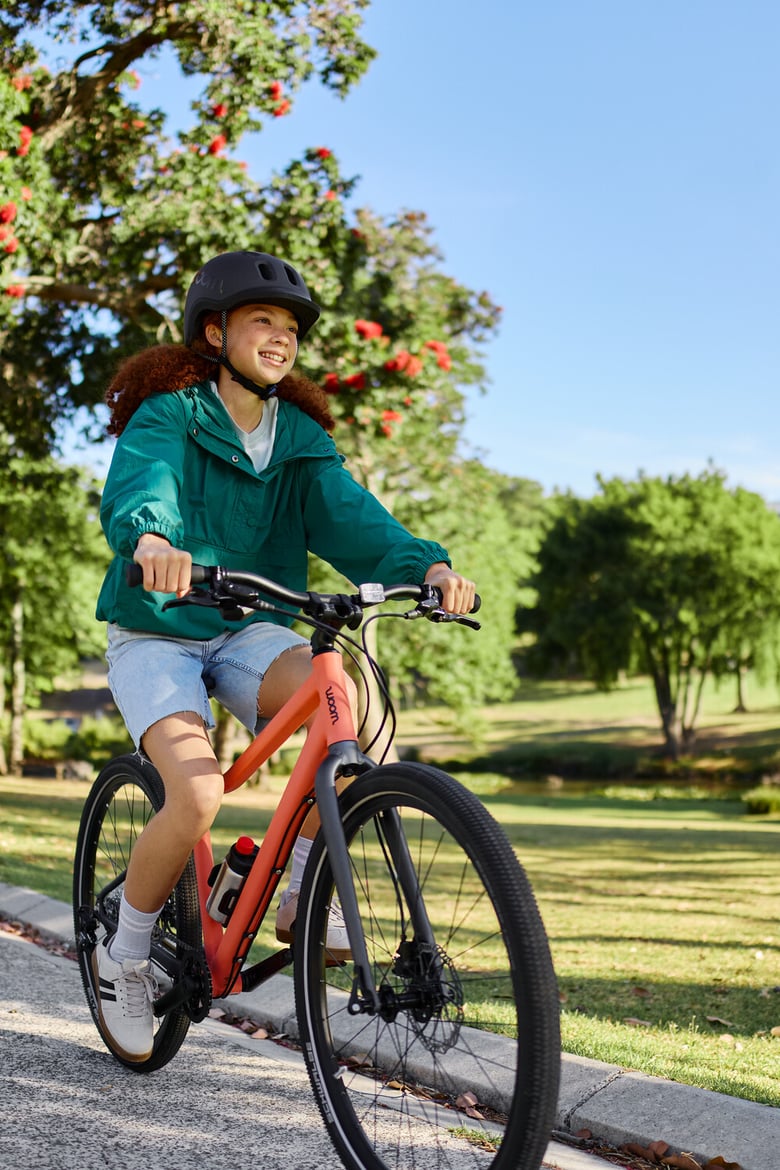Made for children, made for adventure
The perfect bike with 12 to 26″ wheels
Still undecided? Let's help you find the right bike for your young rider!
If your child is just getting started on a bike or is moving onto a woom bike after riding one from a different brand, then our bike finder tool will help you determine exactly the right size.
Have you already worked out which woom bike size your child needs, but not decided which is the right model? Use our bike comparison tool to see how your two favorite models stack up in a head-to-head!











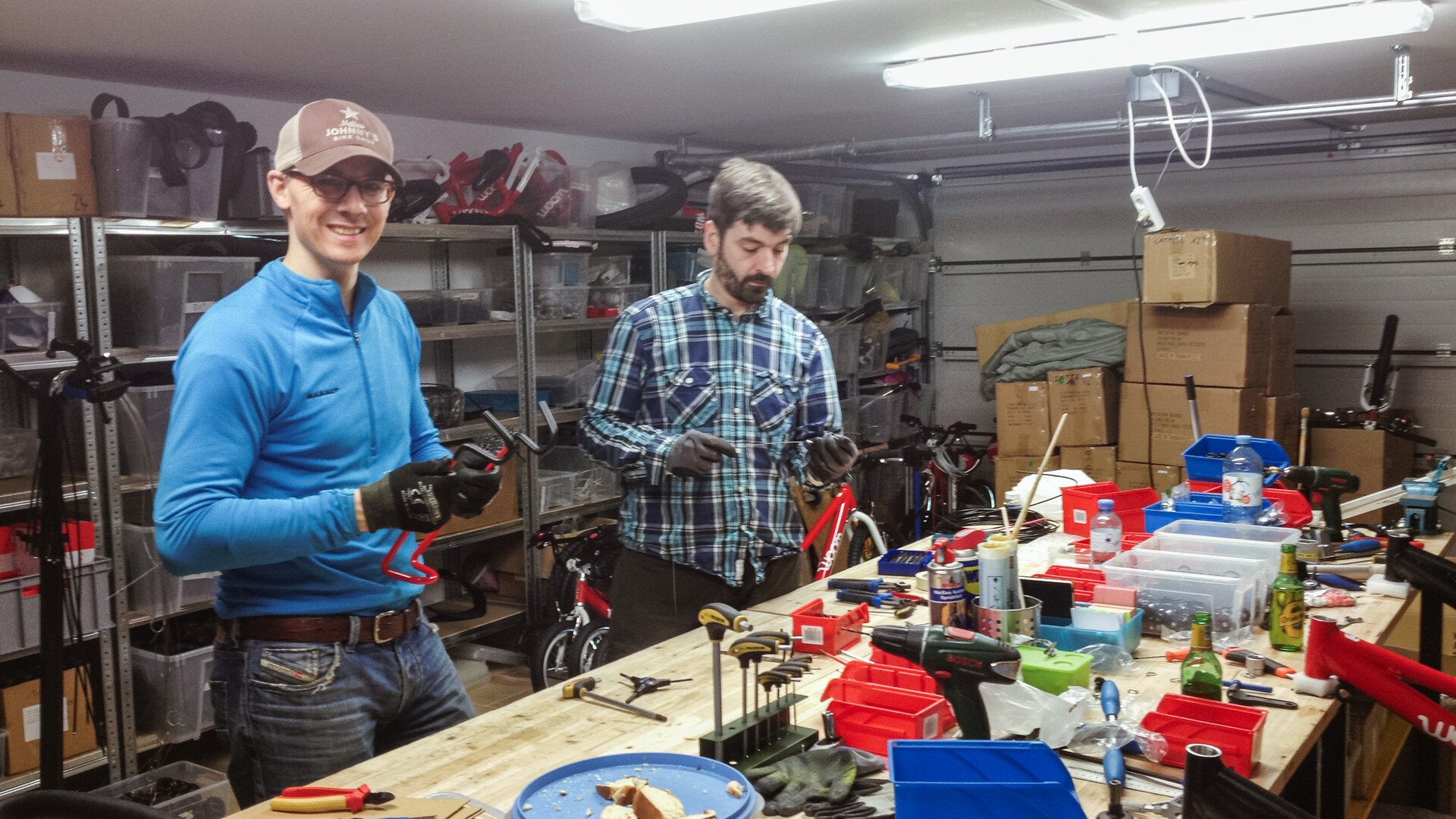
From garage to global
Bike-crazy dads Christian Bezdeka and Marcus Ihlenfeld founded woom in a garage in Vienna back in 2013. For a long time, the pair had been trying – and failing – to find a lightweight, child-friendly bike for their own kids. They decided to take matters into their own hands and carefully engineer a bike in six sizes that would be specifically tailored to the exact needs, proportions and riding style of children at every age.
And now woom bikes are available in more than 37 countries and inspiring millions of children all around the world to love riding their bike.
